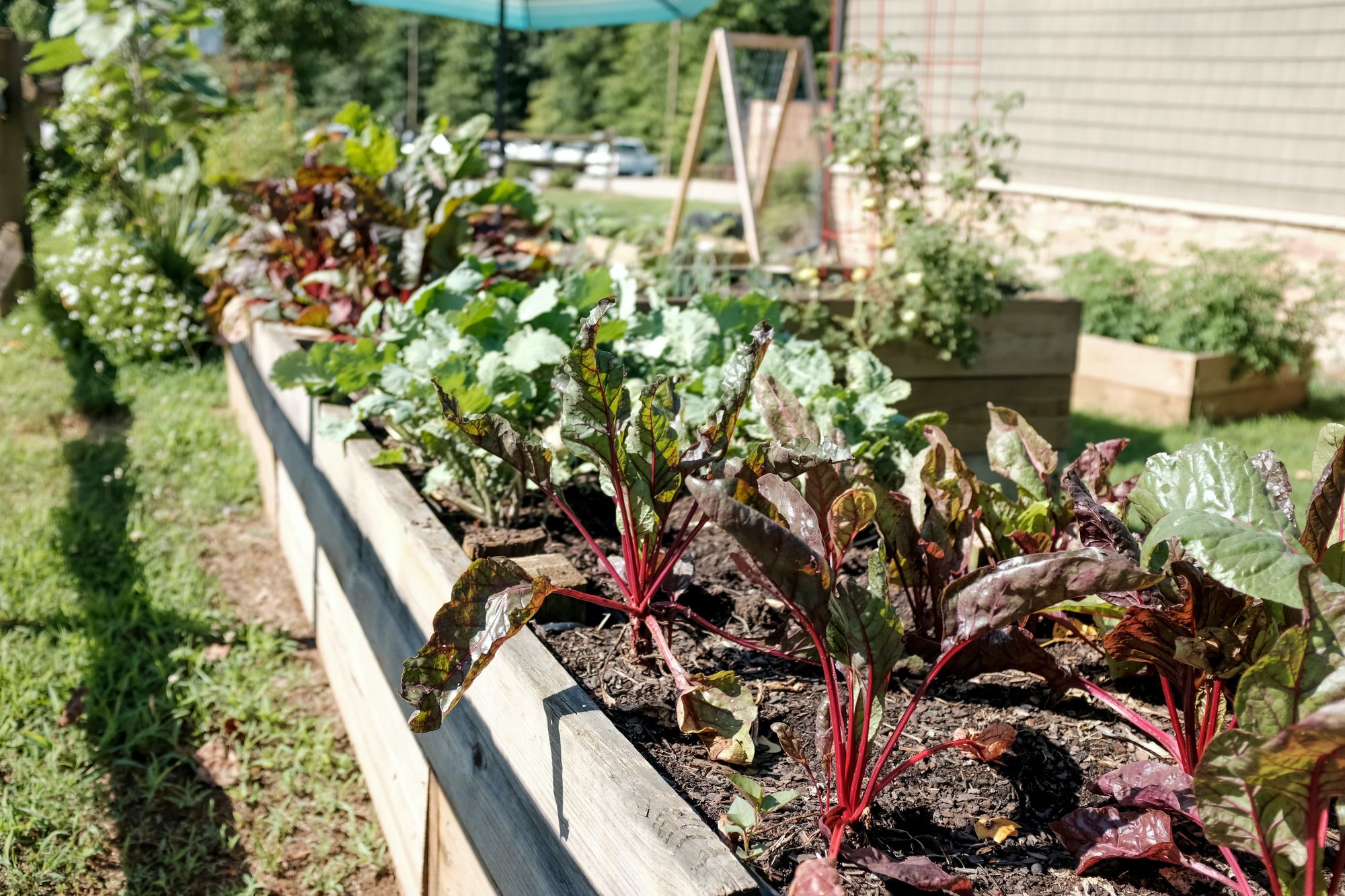10 spices and their health benefits
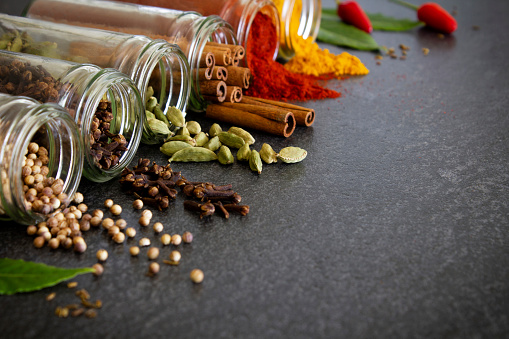
Spices have numerous health benefits other than just enhancing the taste of food. In fact, most herbs and spices were used for medicinal purposes before they were introduced into culinary arts. Here are ten spices and their benefits.
Cinnamon
Cinnamon is sugar-free and low in calories and is used in many recipes. It contains cinnamaldehyde, which is responsible for its medicinal properties. Cinnamon is known to be effective in lowering blood sugar levels by improving insulin sensitivity and slowing the breakdown of carbs during digestion. It also helps fight inflammation due to its antioxidant element and lower cholesterol. At most 2 teaspoons per day will be enough.
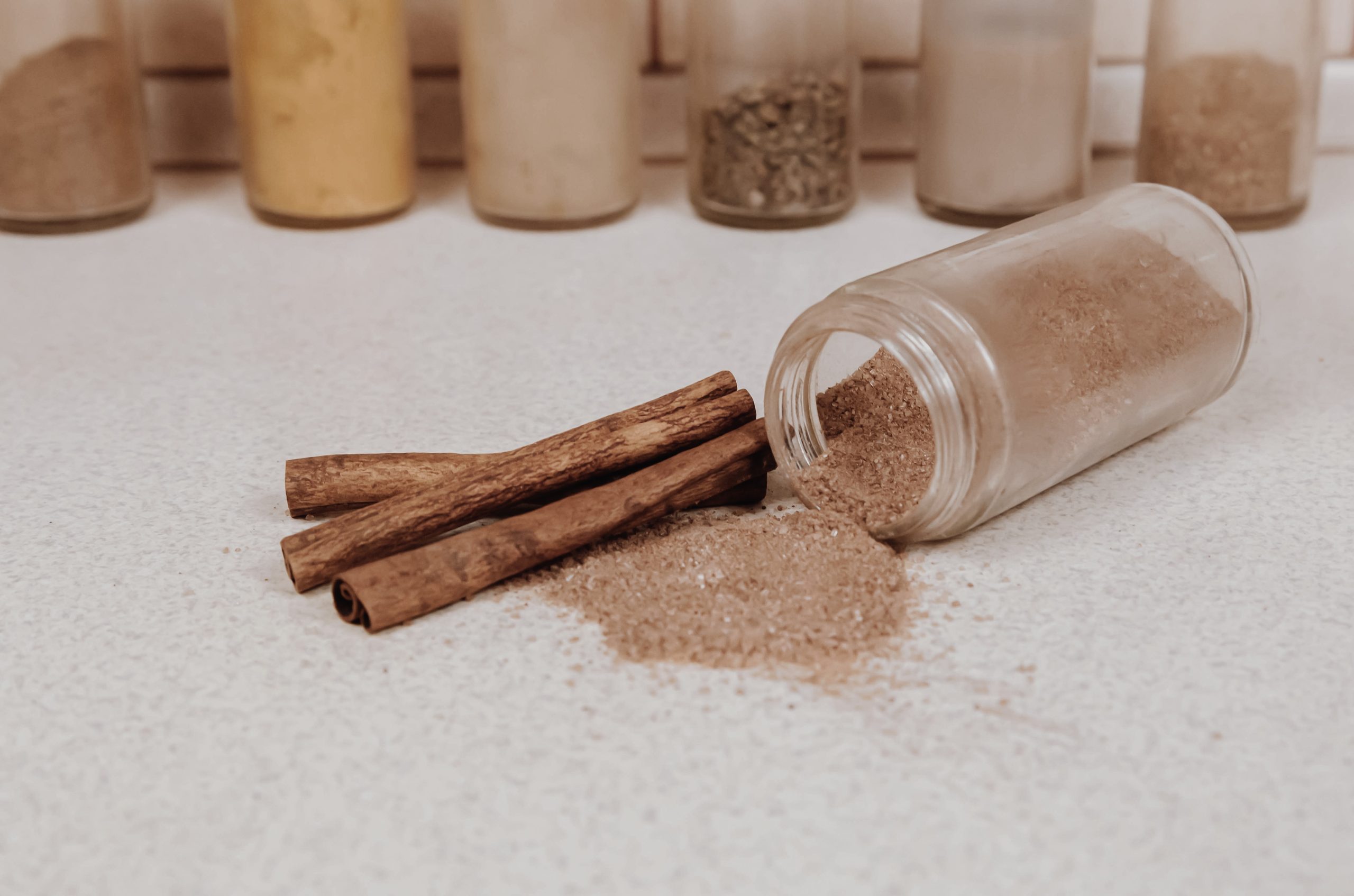
Turmeric
Known for its yellow colour, turmeric contains an ingredient with medicinal properties called Curcumin. Curcumin is an antioxidant which helps fight oxidative damage and boost your body’s antioxidant enzymes. It is also anti-inflammatory thus reducing the risk of chronic diseases such as cancer and heart disease.
Peppermint
It has been used from way back in folk medicine and aromatherapy.
Its oily component has health effects such as improving pain management in irritable bowel syndrome (IBS) and reducing abdominal bloating.
Other studies show that the use of peppermint in aromatherapy helps reduce nausea.
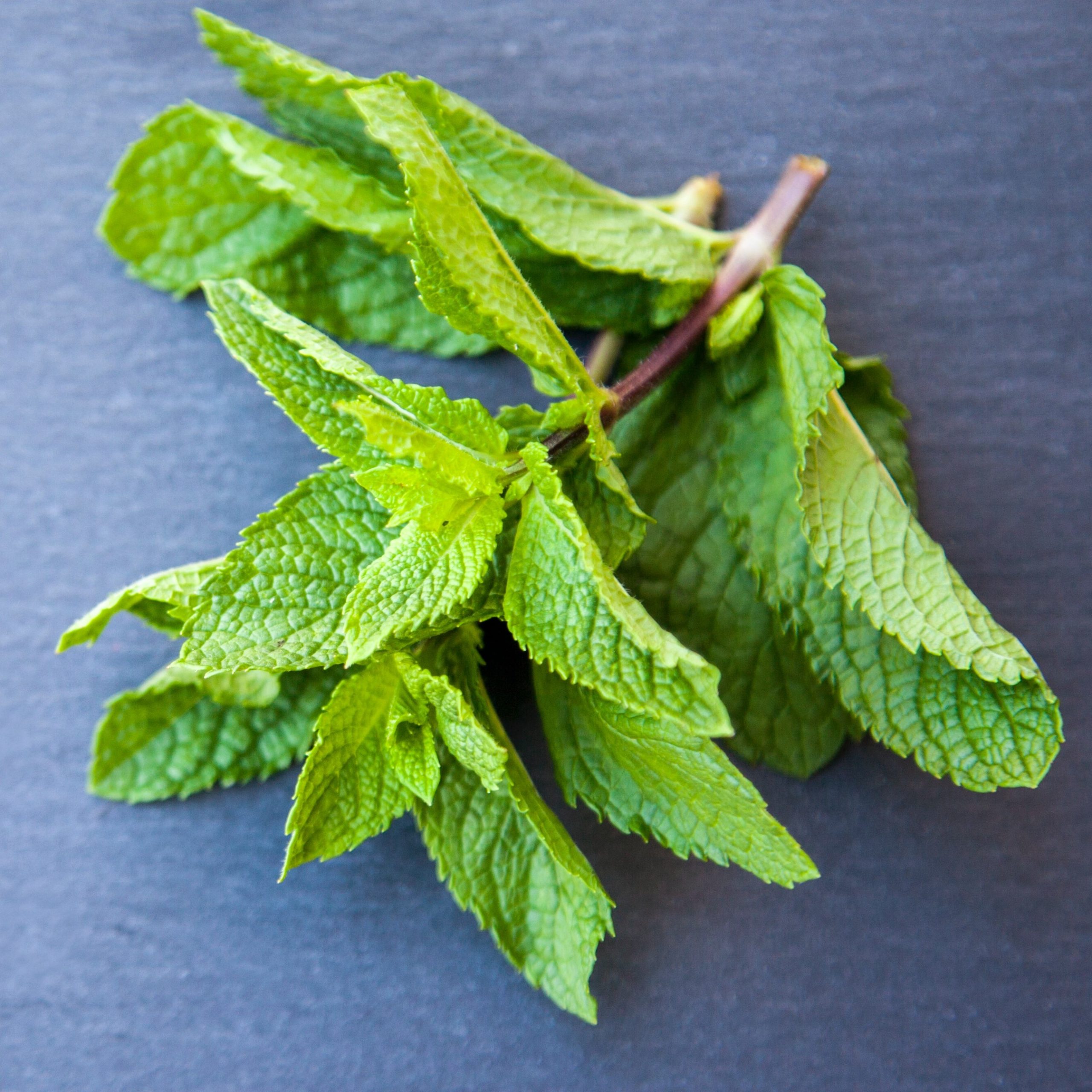
Cayenne
This is a type of chilli pepper and it contains capsaicin which is shown to reduce appetite and increase fat burning. A study found that 1gram of red pepper in meals was effective for people who did not regularly eat pepper. As a result, this is a common ingredient in many commercial weight loss supplements.

Ginger
Ginger has strong anti-inflammatory properties which help with pain management. It also has a calming effect on the lining of your digestive system hence reducing the risk for colon cancer.
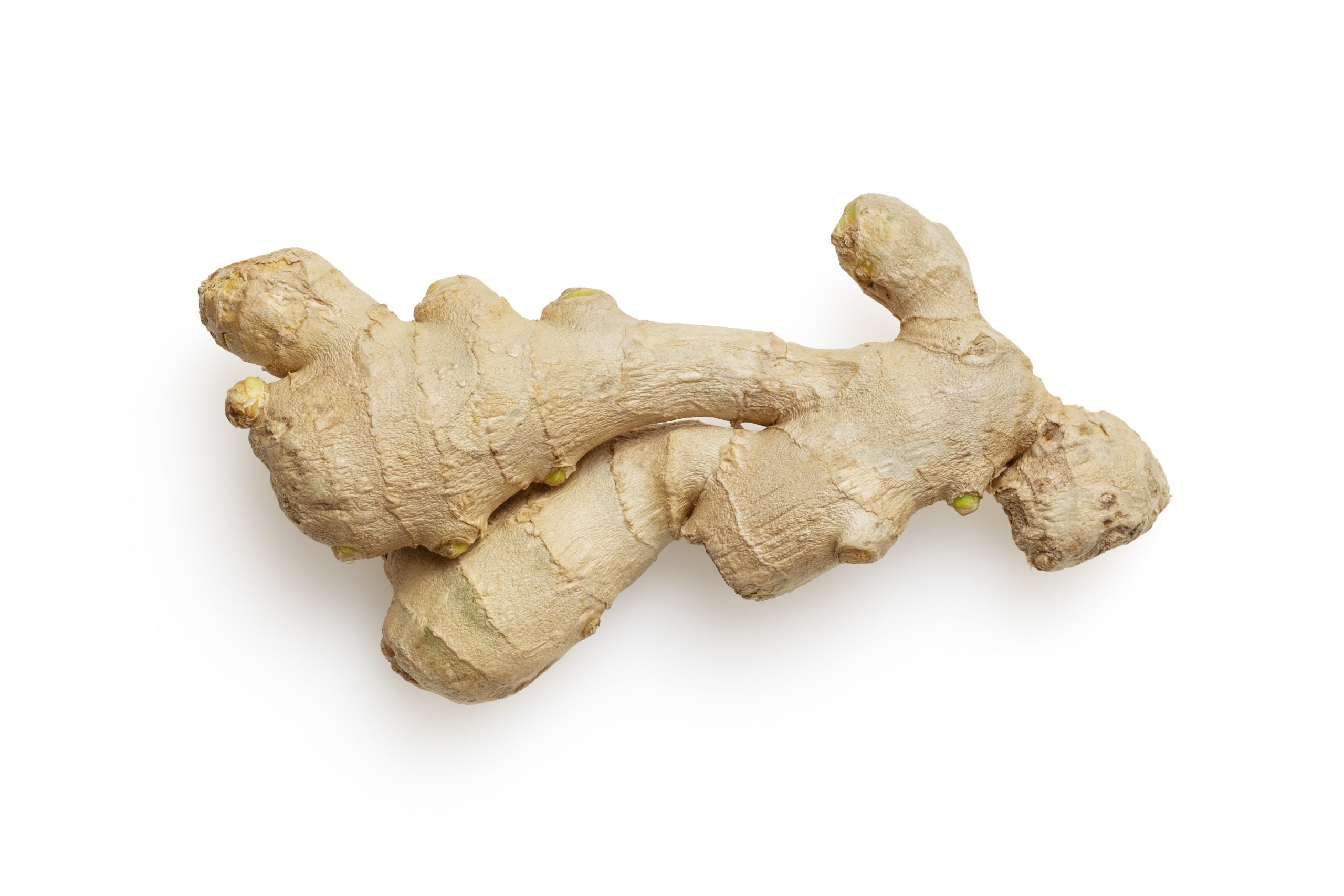
Rosemary
Besides a sweet smell, Rosemary has an active ingredient called rosmarinic acid which suppresses allergic responses and nasal congestion.

Garlic
Garlic’s distinct smell comes from a compound called allicin. It stops sicknesses such as the common cold.
Daily consumption of garlic will reduce high cholesterol, and regulate blood sugar levels and blood pressure. Cut or crushed garlic forms the allicin compound which is beneficial.
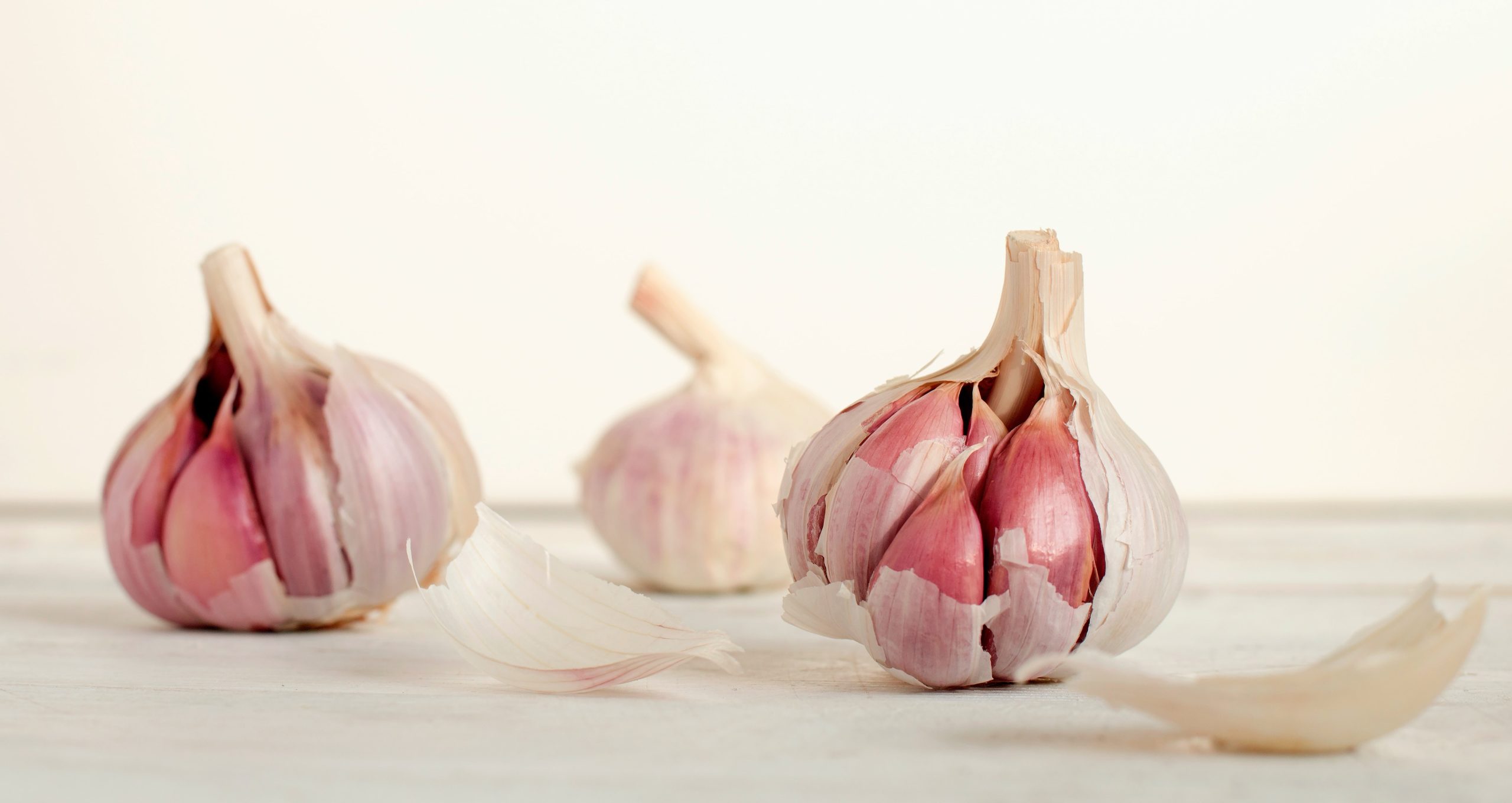
Cardamom
It is high in minerals like zinc and magnesium. Studies show that it may help stop inflammation apart from soothing an upset stomach. Cardamom is often used to treat bad breath and is a component of some chewing gums.
READ ALSO: 7 types of nuts that are good for your brain
Paprika
Powdered paprika’s flavour is quite mild. Its anti-inflammatory agents help lower blood pressure and also promote eye health. You will also have healthy digestion as your saliva and stomach acids will be increased.
Sage
It was used in the middle-age for its healing properties. Research now shows that it may be able to improve brain function and memory in people, especially those with Alzheimer’s disease.
In conclusion…
Adding herbs and spices to your diet will generally help you minimize the use of less healthy ingredients such as salt, sugar and added fat.





